How do you secure a website? What are the most pressing security issues?
Selecting and Evaluating Security Tools for Websites:
Web application security involves safeguarding web applications against a wide variety of cyber threats. The following security concerns are the most frequently encountered by security teams when they work to secure websites and web applications:

